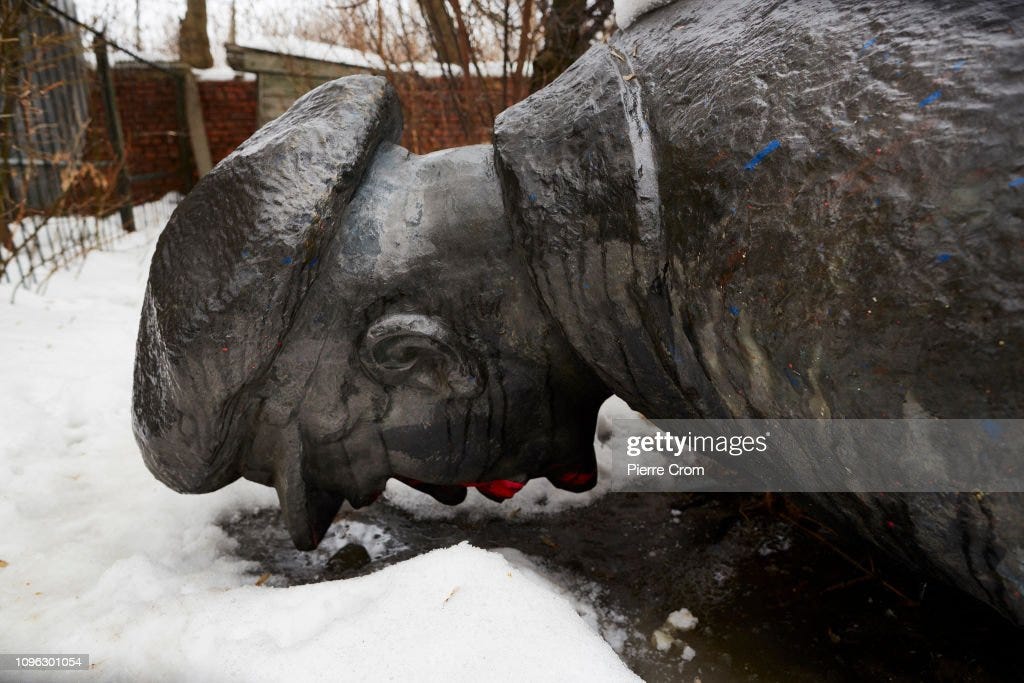Utopia, Dogma, Heresy
For decades, Communist ideology has played the role of substitute for religious symbols and values. Several generations have come to political age by assimilating a radical promise of universal redemption and emancipation.
The ethos of Christianity was challenged by Marxist pretense. Morality was defined in terms of loyalty to a sense of ultimate historical transcendance. First Leninism, then Stalinism codified this total commitment to an apocalyptic scenario dedicated to bringing about not only a new type of society but also a new type of person. With its ambition to initiate an anthropological revolution, Marxism can be regarded as a form of utopian radicalism: utopian because it is basically future-oriented and overlooks the perennial features of the human condition; radical inasmuch as it aims to transform the body politic and establish a form of social organization totally different from all previous ones. Conceived by its founding fathers as an anti-statist philosophy, Marxism has culminated in the Soviet apotheosis of the party and state machine. Under Lenin and Stalin, ideology represented a major source of power for communist elites. The legitimacy of the Bolshevik elite derived primarily from its relationship to the Marxist doctrine. Arcane as they sounded to external observers, the squabbles of the 1920s touched on the most sensitive points of what Czeslaw Milosz has called the New Faith, an ideology 'based on the principle that good and evil are definable solely in terms of service or harm to the interests of the Revolution' .


